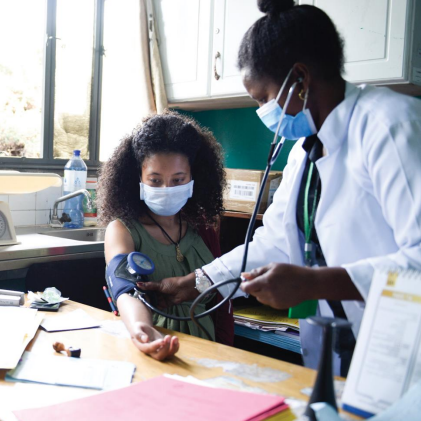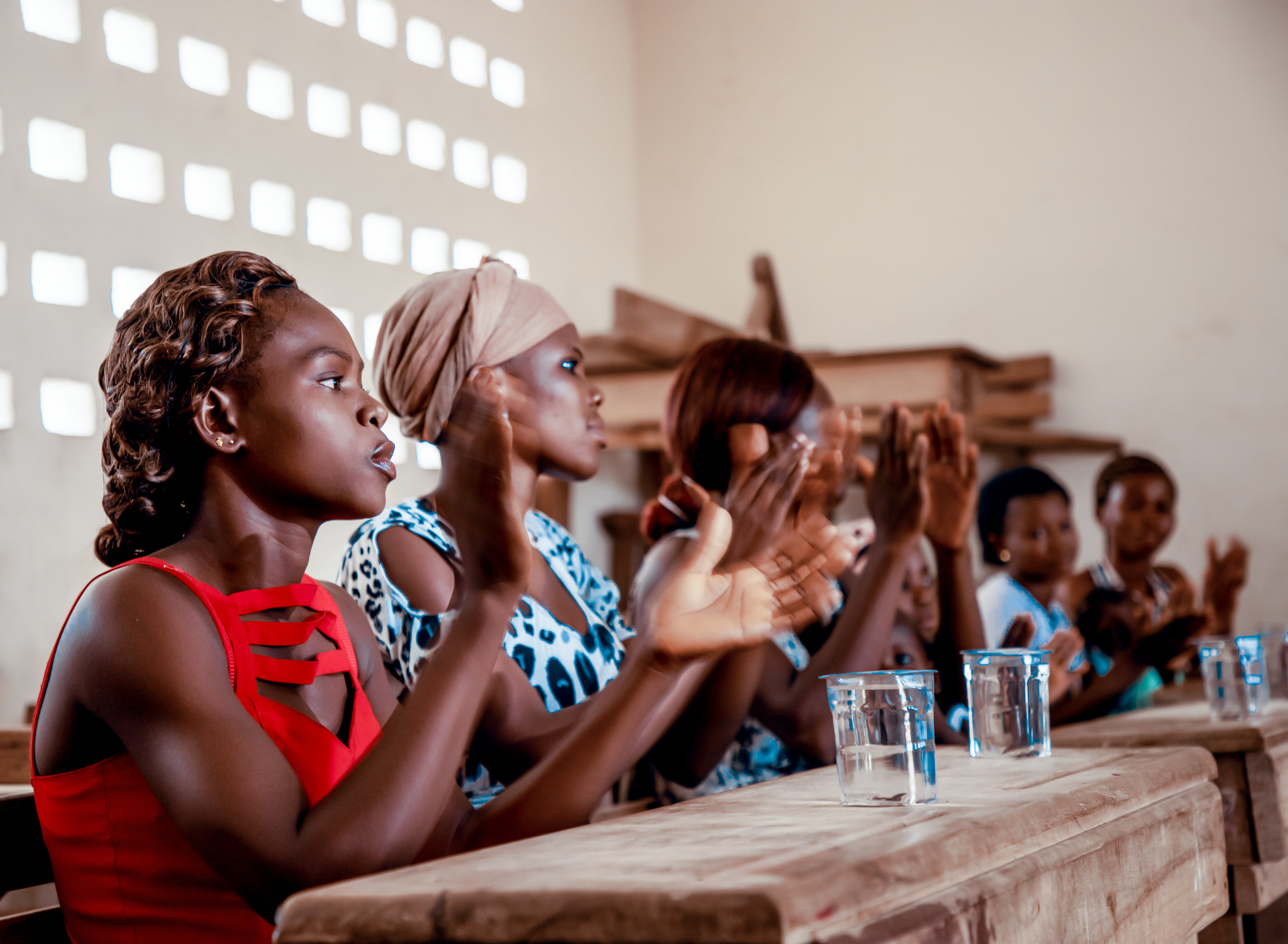Draft GFF Strategy (2026–2030): Second-Round Public Consultation
Context and Background
This year marks the 10-year anniversary of the Global Financing Facility for Women, Children, and Adolescents (GFF), which was launched in 2015 with the goal to end preventable maternal, newborn, child, and adolescent deaths. The GFF was designed as an innovative, country-led platform to coalesce, align, and catalyze international and domestic financing for reproductive, maternal, newborn, child, and adolescent health and nutrition (RNMCAH-N) in low- and lower-middle-income countries with the highest burdens of maternal and child mortality, and thereby contribute to achieving Sustainable Development Goal 3 (SDG3) on Health and Well-Being for All, SDG5 to Achieve Gender Equality and Empower All Women and Girls, and contribute to achievement of all related SDGs.
The current five-year strategy for the GFF concludes at the end of 2025. Since February this year, the GFF has been developing its new 2026–2030 strategy amidst a rapidly evolving global health and financing landscape. The new strategy builds on the GFF’s results and lessons learned over the last decade, capitalizing on emerging opportunities to accelerate, scale, and sustain progress on women’s, children’s, and adolescent health by 2030.
The first round of pre-draft strategy consultations took place between March and June 2025. The GFF Secretariat, with the support of SEEK Development, conducted consultations with GFF country partners, funders, global health multilaterals and UN agencies, civil society and youth organizations, and other interested stakeholders to collect insights and feedback on GFF’s future strategic directions and priorities.
Informed by this broad consultation process, the GFF has developed a draft strategy document and is now seeking stakeholder feedback on the draft. The final strategy will be presented to the GFF Investors Group and Trust Fund Committee for endorsement in November 2025 and implementation will begin in January 2026.
Value of Your Feedback
The draft strategy outlines the GFF’s priority directions and areas of work over the next five years. Your feedback will help refine the strategy and ensure that the GFF is fit-for-purpose to enable partner countries to transform their health systems and to accelerate, scale, and sustain access to quality, affordable health and nutrition services for all women, children, and adolescents.
How to Participate
- Review the GFF Draft Strategy (2026–2030) Document (PDF)
- Share your feedback (online)
The deadline for submitting feedback is 8:00 a.m. CET (Central European Time), Friday, October 17, 2025. Please feel free to provide feedback and comments in English or French.
Questions about the strategy can be directed to gffstrategy@worldbank.org.
Independent Evaluation of the GFF
The first independent evaluation of the GFF was conducted in 2024/25, with the purpose of generating evidence, heightening accountability, and enabling learning on the GFF model, and to provide insights for the next strategy. The evaluation included all 36 GFF partner countries and covered the period starting from GFF’s inception in 2015, with a primary focus on the 2021-2025 strategy period. The evaluation employed a theory-based, mixed-methods approach, grounded in testing the GFF logic model and theory of change (TOC). Key components included an extensive document review, 163 key informant interviews (KIIs), two online surveys, and ten country case studies.
Key documents from the evaluation can be found below:

Global Financing Facility Strategy 2021-2025: Protecting, Promoting and Accelerating Health Gains for Women, Children and Adolescents
The strategy was endorsed by the GFF Trust Fund Committee and Investors Group in October 2021.
